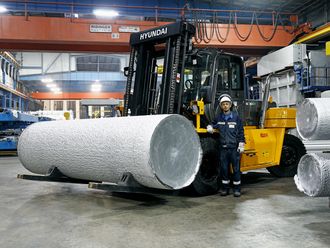Years ago business people had the leaders who were simply next in line in the family. This kept the continuity of values, family control and ownership. Often the extended family were drawn in to the enterprise. Governed by their sheer imagination, instincts, drive and vision, and perhaps some luck too, many great inventions, products entities and brands emerged.
Later in history, leaders were hired in as trusted people local to these families, leaders with no real powers other than to control people and process as they produced day in day out. As businesses grew to volume production levels however specialist leaders emerged — typically engineers for machines and accounting clerks to keep books, order new materials.
At this time what was called bureaucratic leadership emerged efficiency drivers, no more no less. Thus began the emergence of leadership types. Questions emerged too like were they born or were they made? Thus Leadership began to split into many paths — for example the Sapiential leader — the wise knowing leader; or the inspiring leader — often called charismatic leadership — many of these metaphors have continued to the present day.
In the West at least then began a flurry of theories of leadership theories:
Task or relationship leaders according to McGregor and also Blake and Mouton McClelland focused on western centric Achievers, Power Seekers and Affiliation types
The UK & UK military favoured Adair's Action Centred Leaders - Task Team or Individual.
Later Situational Leadership and Competency gurus — Burns, Stalker, Bass & Others
More recently we see more empirical evidence based models like CHPD and HPEM.
The challenge is to make sense of this maze in our daily management lives — there seems to be three different angles — leaders are what they bring, what they do or what emerges in different situations.
Is leadership a character thing and we are born with it, can it be a competence thing, that we can learn; or will it emerge anyway when the situation arises — and can we wait that long?
Whatever your answer your businesses quest for leaders will be different - so what's the answer?
First separate theory from practice — do you want to think — or do things differently?
Second what is the best evidence — not the best marketing material — who has data?
Third what explains the most for you — across cultures — complexity and business types?
So do you want a Diploma in Leadership or do you wish to inspire and transform your business?
Both paths are worthy and perhaps future forming — but which gets you most return and when?
Vernon Bryce, Managing Partner, Kenexa Middle East












